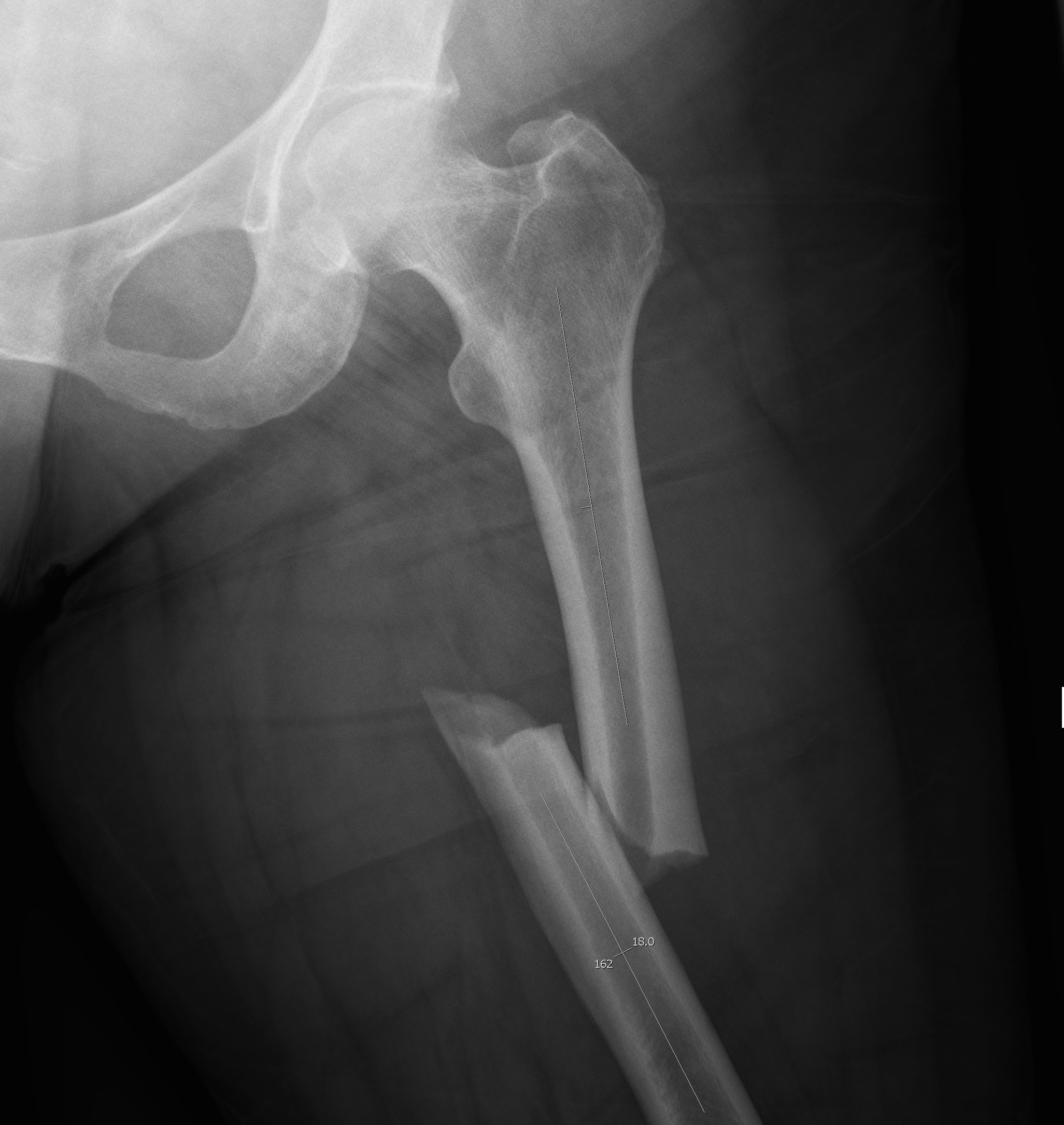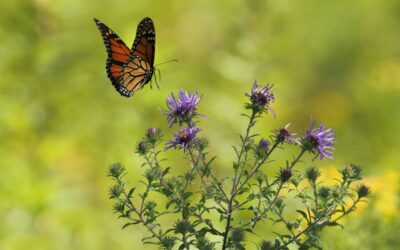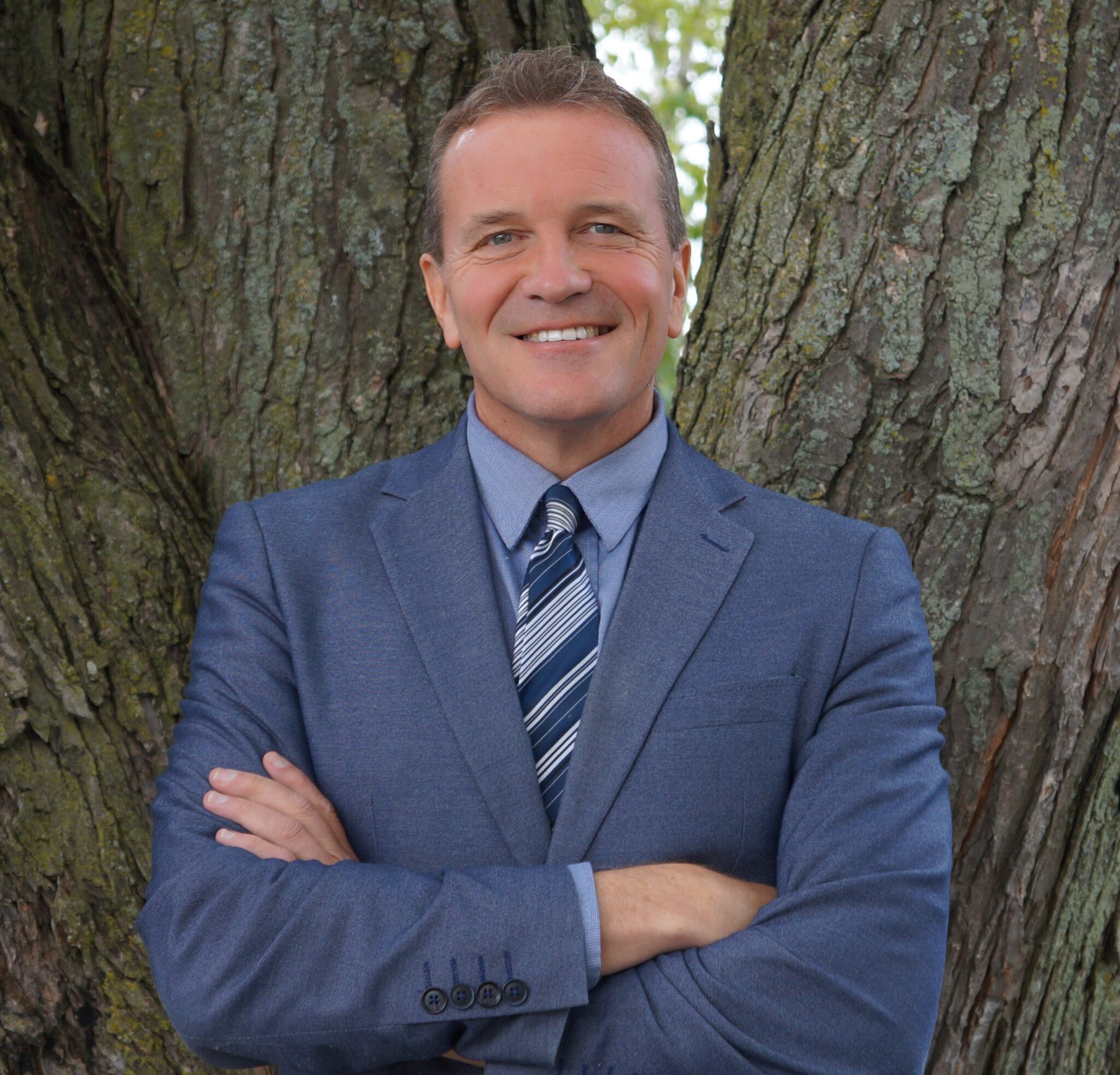I have always been fascinated by fascinating people, particularly those who have made it their life work to study the human condition, whether from the standpoint of medicine, archeology, psychology, religion or any other human-centred discipline. I find you can learn a lot from those who have taken it upon themselves to study what makes us tick!
One such fascinating person was the anthropologist, Margaret Mead. In the 1960’s, Margaret Mead received a lot of attention for her work in studying the origins of humanity. She dedicated much of her life to exploring parts of the world, rarely trodden by North Americans or Europeans, with the goal of figuring out where we came from.
After Mead retired, and shortly before she died in 1978, she gave a lecture to a group of university students. When the talk was over, one of the students asked her what she considered to be first sign of civilization in a culture. The student expected Mead to talk about fishhooks, or clay pots, or grinding stones. No one expected what she was about to say.
Margaret Mead said that the first sign of civilization in ancient culture was a femur (thigh-bone) that had been excavated from the ground and was determined to be tens of thousands of years old, going back to a pre-human species. Upon analysis, it was discovered that the femur had been broken and then healed. Mead explained that in the animal kingdom, if you break your leg, you die. You cannot run from danger, get to a river for a drink or hunt for food. You are meat for prowling beasts. No animal survives a broken leg long enough for the bone to heal.
A broken femur that had healed, therefore, is evidence that someone had taken time to stay with the one who fell, had bound up the wound, had carried the person to safety, and had tended to that person through recovery.
After sharing this story, Mead was said to have taken a deep breath, and with an uncharacteristic tear in her eye proclaimed, “quite simply, helping someone else through difficulty is where civilization starts.”
I happened upon this story, quite by accident, a few weeks ago, and it hasn’t left me. I have believed for a long time that the capacity to show compassion is one of the things that sets humans apart from others with whom we share this planet. That is not to say that other species are not capable of showing compassion, I believe they are, in fact, I know they are, but compassion is something that human beings can choose to show to anyone, on any given day, whether family, friend or even stranger.
So, just a word of thanks today for the compassionate souls amongst us, those who bind our wounds, listen to our stories, encourage us on our down days, give without asking, help with expectation of reward, ease our grief, and let us know that we are not alone. You are showing us humanity in its finest form and reminding us that we are at our best when we serve each other.




